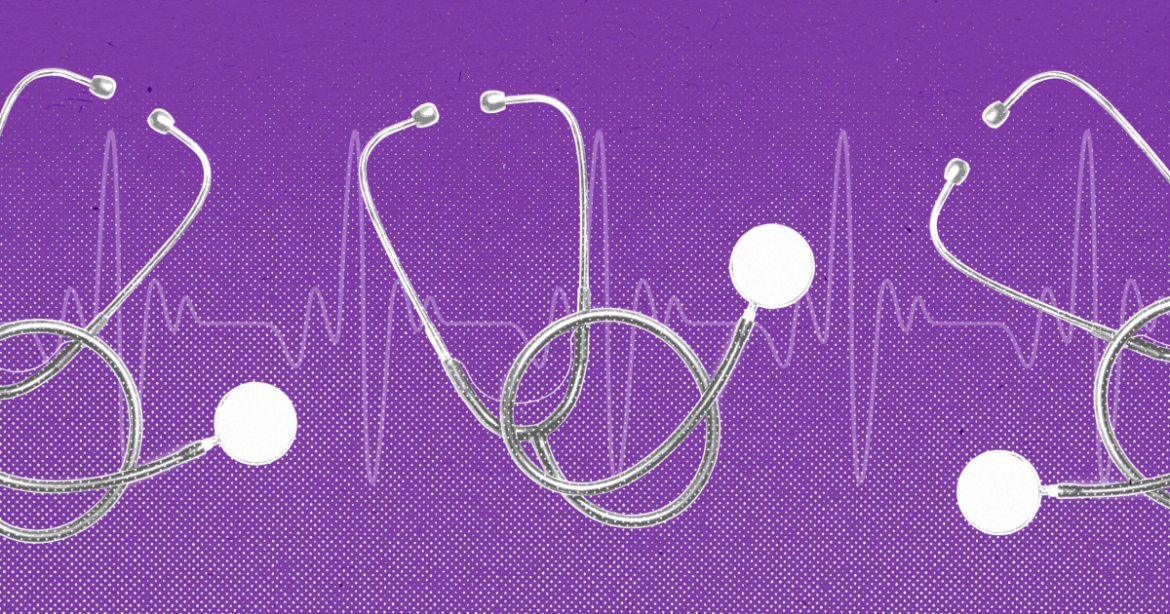The Mediterranean diet is famously good for the heart and brain, and can even help with healthy weight loss or maintenance.
Many cardiologists recommend the eating plan to their patients and follow it themselves as part of daily habits to keep their own hearts healthy.
The big focus of the Mediterranean diet is plant foods such as fruits, vegetables, legumes, whole grains, seeds and nuts, plus the liberal use of extra virgin olive oil.
A couple of adjustments can make it even healthier, says Dr. James O’Keefe, a cardiologist at Saint Luke’s Mid America Heart Institute in Kansas City, Missouri.
Cardiologist Tip of the Day: Try the Pesco-Mediterranean Diet
This variation is still the Mediterranean diet most people are familiar with, but with two small changes.
It emphasizes fish and seafood as the main sources of animal protein rather than lean red meat or poultry.
“It’s satiating, it’s enjoyable, it’s delicious and it’s super healthy,” O’Keefe previously told TODAY. He follows the plan himself and co-wrote a review that calls the Pesco-Mediterranean diet the “ideal cardioprotective diet.”
The Pesco-Mediterranean diet also calls for daily intermittent fasting similar to the 16:8 plan, where people eat only during an eight-hour window.
Why It Matters
Fish and seafood provide high-quality protein, which is satiating and important for building and maintaining muscle and bone mass, O’Keefe and his colleagues wrote in the review of the diet.
They’re also rich in omega-3 fatty acids, and are good sources of zinc, iodine, selenium, B vitamins, calcium and magnesium.
That makes fish and seafood the perfect source of protein for the plant-rich Mediterranean diet, the authors note.
The eating plan naturally reduces sugar, sodium, highly processed foods, refined carbs, saturated fats and fatty or processed meats.
Intermittent fasting is recommended because it’s been traditionally done in Mediterranean cultures and promotes health, the review noted.
“Most Americans eat from the moment they get up to the moment they go to bed,” O’Keefe said. “But when we give our body a break from digesting food, it tends to be good for it.”
How to Get Started
Eat fish and seafood at least three times a week as the main source of protein in the Mediterranean diet. Choose low-mercury fish such as salmon, sardines, trout, herring and anchovies.
Fast for 12 to 16 hours each day.
Include the other components of the traditional Mediterranean diet including three or more servings a day of vegetables, two or more servings a day of fruits, lots of whole grains, legumes and nuts.
Don’t forget the extra virgin olive oil.
“At our household, I can tell you we do not even think about limiting the amount of olive oil, we just use it as much as we want,” O’Keefe said.
The Start TODAY app offers plenty of fish and Mediterranean diet-focused meal plans.
TODAY’s Expert Tip of the Day series is all about simple strategies to make life a little easier. Every Monday through Friday, different qualified experts share their best advice on diet, fitness, heart health, mental wellness and more.


Dining and Cooking